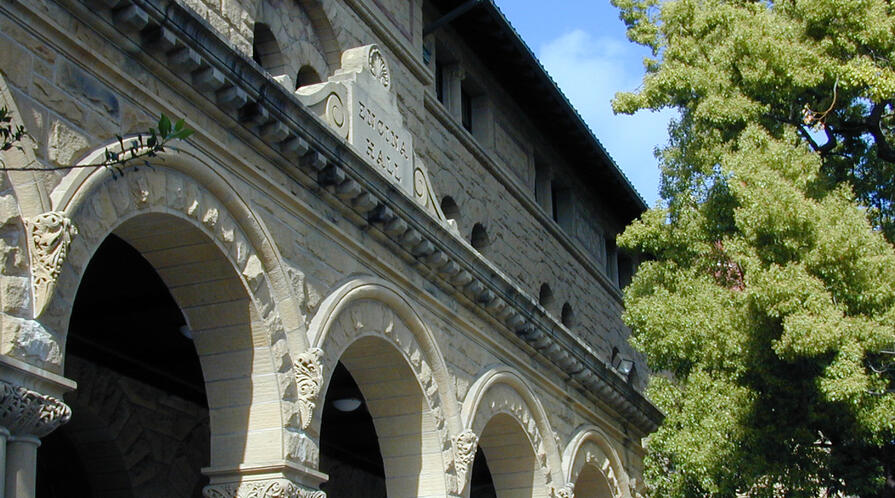Discourses of Defiance: Framing Muslim Self-Determination in Thailand and the Philippines
Using the concept of framing, this presentation will explore discourses behind the move for greater self-determination on the part of the Malay-Muslims of southern Thailand and the Moro of the southern Philippines. It will discuss the shifting referents of ethnic identity and demonstrate how coherent narratives of resistance have taken shape over time and against changing social, political, and economic contexts to frame the collective action of resistance movements over the last four decades.
Joseph Chinyong Liow's research interests are in Muslim politics in Southeast Asia. He is the author of Muslim Resistance in Southern Thailand and Southern Philippines: Religion, Ideology, Politics (East-West Center, 2006); Piety and Politics: Islamism in Contemporary Malaysia (Oxford, 2009); and Islamic Education in Southern Thailand: Tradition and Transformation (ISEAS, 2009). He is also co-editor of Islam in Southeast Asia (Routledge, 2010). Liow is currently working on two single-author book manuscripts. The first is on social movement theory and armed ethnonationalist movements in Southeast Asia, and the second is a revised edition of the Dictionary of Modern Politics in Southeast Asia, previously authored by the late Michael Leifer.
This seminar series is co-sponsored by the South Asia Initiative,



Philippines Conference Room
Joseph Chinyong Liow
Walter H. Shorenstein
Asia-Pacific Research Center
616 Serra St C302-23
Stanford University
Stanford, CA 94305-6055
Joseph Chinyong Liow is a professor of comparative and international politics and an associate dean at the S. Rajaratnam School of International Studies, Nanyang Technological University, Singapore.
His research interests encompass Muslim politics in Southeast Asia and the international politics of the Asia-Pacific region. During his time at the Walter H. Shorenstein Asia-Pacific Research Center, Liow will conduct research and writing on social movement theory and armed resistance in Southeast Asia, as well as a dictionary of modern politics of Southeast Asia.
Liow is the author of Islam, Reform, and Education in Southern Thailand: Tradition and Transformation (2009); Piety and Politics: Islamism in Contemporary Malaysia (2009); and the Politics of Indonesia-Malaysia Relations: One Kin, Two Nations (2005). He is also editor of Islam in Southeast Asia, Four Volumes (2010); co-editor of the Routledge Handbook of Asian Security Studies (2010); and co-author of Confronting Ghosts: Unpacking Southern Thailand’s Shapeless Insurgency (2010) and the East Asia Summit and Regional Security (2010). Liow is a co-editor of the Asian Security Book Series at Routledge, sits on the editorial board of South East Asia Research, and serves on the editorial team of Asian Security.
Liow holds a PhD in international relations from the London School of Economics and Political Science, an MSc in strategic studies from the Nanyang Technological University, and a BA (Hons) in political science from the University of Madison-Wisconsin.










